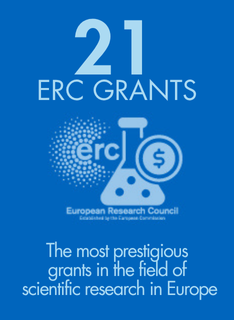The Bachelor’s Degree in Geology for Sustainability was designed to train geologists with a clear awareness of the importance of the sustainable prospecting and exploration of natural resources—such as rocks, minerals, and energy sources—essential to the energy transition. It also addresses the responsible management of water and soil, promoting a balanced use of Planet Earth, with the principles of the Circular Economy at its core.
This programme also prepares qualified professionals to identify and prevent natural hazards that may impact society, contributing to more efficient and resilient territorial planning and land management. It stands out from other academic offerings by being aligned with the United Nations Sustainable Development Goals (SDGs), adopting a geoethical perspective as the foundation of both its teaching and research.
Applications 2025/26
Vacancies: 20
Specific exams:
One of the following combinations:
02 Biology and Geology + 19 Mathematics A
02 Biology and Geology + 18 Portuguese
Check the admission requirements here
Course coordinator:
José Carlos KulbergThe program trains professionals with a sustainable vision for the exploration of geological resources.
Industry and Energy:
Services:
Research:
Other Careers:
Admission formula:
50% of the final grade obtained in secondary school
50% of the final grade of the specific(s) exam(s)
Tuition fee - Portuguese students: 697 €/year
Tuition fee - Foreign students: 7.000€ / year
The NOVA University Lisbon reinforces its commitment to equity in higher education by awarding scholarships that promote inclusion and equal opportunities.
More information here.
The Department of Earth Sciences (DCT) at NOVA FCT constitutes a graduate, postgraduate and research teaching unit, currently organized into 3 scientific areas: Geology, Geological Engineering and Agroindustry.
More info




